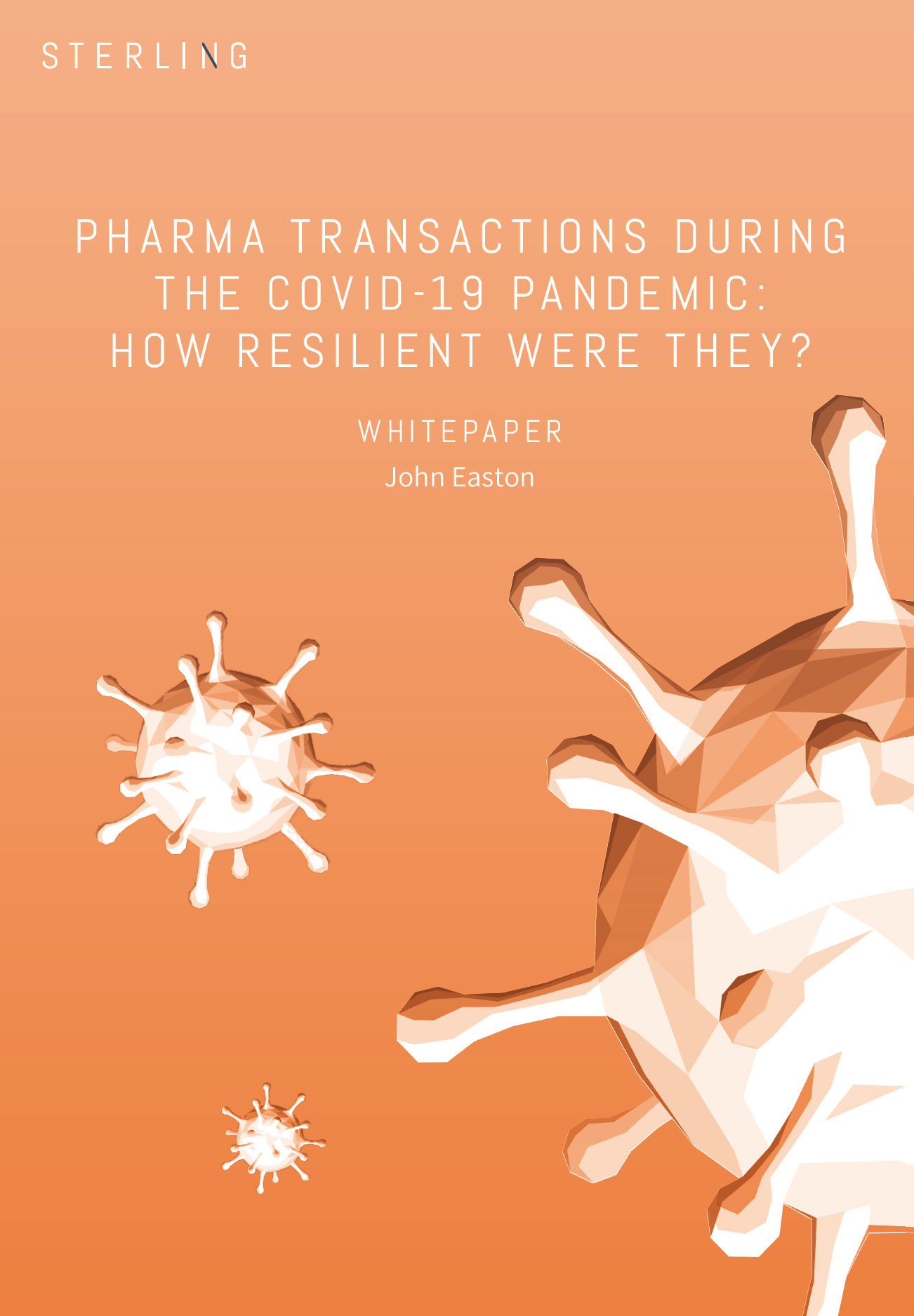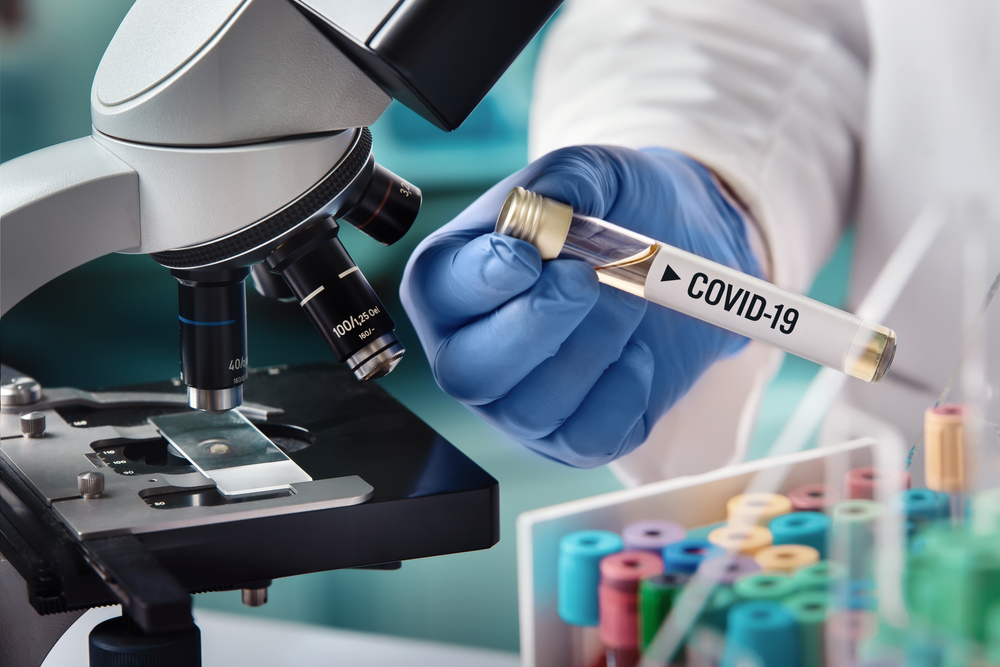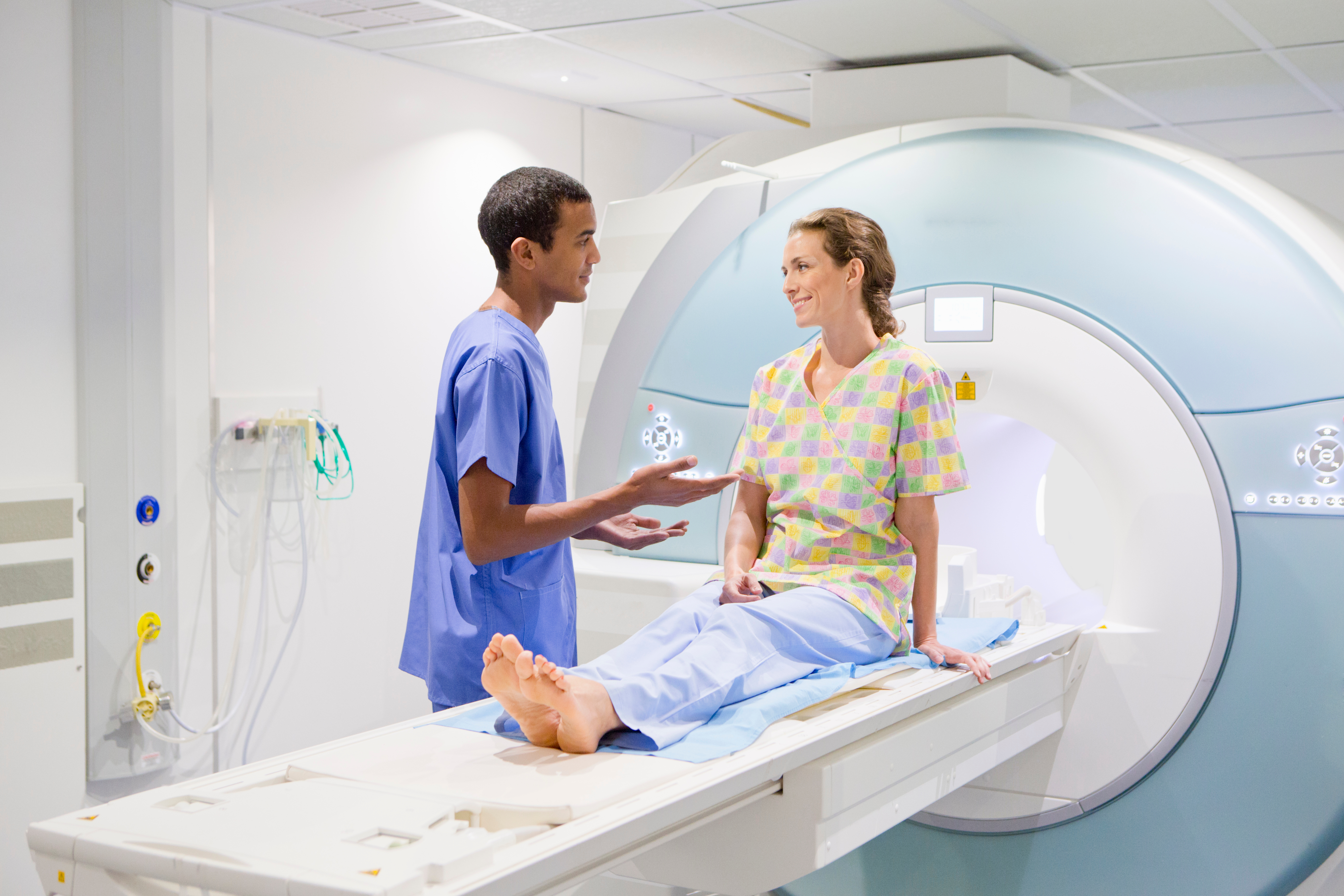Sensome’s AI-powered stroke guidewire begins human trials in Australia
The trial adds to Sensome’s multicenter CLOT OUT study

Sensome has begun human trials for its artificial intelligence (AI)-powered stroke guidewire at the Gold Coast University Hospital (GCUH).
The trial will evaluate the safety and efficacy of the Sensome’s Clotild Smart Guidewire system in acute ischemic stroke patients.
CLOT OUT is Sesome’s first-in-human, multicenter trial earmarked for leading stroke centers across Australia, Belgium, and France. The GCUH trial adds to this initiative.
Replacing invasive medical procedures, Sensome’s Clotild Smart Guidewire system pairs impedance-based tissue sensors with machine learning algorithms to provide physicians with valuable insights into the clot.
The AI-powered system recently gained FDA approval to aid in treating or diagnosing life-threatening and irreversibly debilitating diseases and conditions.
“Endovascular thrombectomy is no longer just about removing the clot. To get the best result for your patient, you need to get the clot out with complete revascularization the first time,” explains Dr. Hal Rice, director of interventional neuroradiology at GCUH.
Rice added, “The Clotild guidewire is the first device that promises to provide live real-time information during the intervention that can help increase our chances to choose the right interventional approach from the get-go.”
Sign up today and you will receive a free copy of our Future Focus 2025 report - the leading guidance on AI, cybersecurity and other IT challenges as per 700+ senior executives
RELATED RESOURCE

According to reports, Sensome aims to enroll up to 100 patients in its CLOT OUT study. Data from preliminary cases will be presented at this year's LINNC conference in Paris and at SLICE Worldwide, an online interactive stroke event.
“Evidence has been mounting over the past few years that factors like the biological clot composition should be considered when choosing the fastest method to remove a clot. The CLOT OUT trial aims to demonstrate that using Clotild in humans is safe and can detect clot composition,” stated Dr. Andrew Cheung, co-coordinating investigator of the study at Liverpool Hospital.
-
 NHS set for huge tech investment boost in latest spending review
NHS set for huge tech investment boost in latest spending reviewNews The government spending review will fund the NHS App, the single patient record, the Federated Data Platform, and other initiatives
-
 Cambridge-1 and the future of medicine
Cambridge-1 and the future of medicineCase Studies Nvidia’s first public supercomputer could change healthcare in the UK and around the world
-
 NIH renews COVID research contract with Palantir
NIH renews COVID research contract with PalantirNews Palantir will create a cloud-based data enclave to support COVID-19 research collaborations
-
 Yext’s Find-a-Doc streamlines finding a doctor with AI
Yext’s Find-a-Doc streamlines finding a doctor with AINews The platform provides smart suggestions to improve patients' pre-appointment experience
-
 NeuPath and Cynergi will bring VR therapy to chronic pain management
NeuPath and Cynergi will bring VR therapy to chronic pain managementNews NeuPath will integrate Cynergi’s VR program with its remote pain management platform
-
 VEON's Beeline to bring mobile AI to health care
VEON's Beeline to bring mobile AI to health careNews Beeline will work with Sechenov Medical University to promote early diagnosis of life-threatening conditions
-
 Qlarity Imaging teams with Blackford to improve breast MRI accuracy
Qlarity Imaging teams with Blackford to improve breast MRI accuracyNews Qlairty will merge its AI-powered diagnostic software with Blackford’s centralized imaging platform
-
 Unilabs to deploy Ibex’s AI-assisted cancer diagnostic platform across Europe
Unilabs to deploy Ibex’s AI-assisted cancer diagnostic platform across EuropeNews Galen by Ibex is CE-marked for breast and prostate cancer detection

